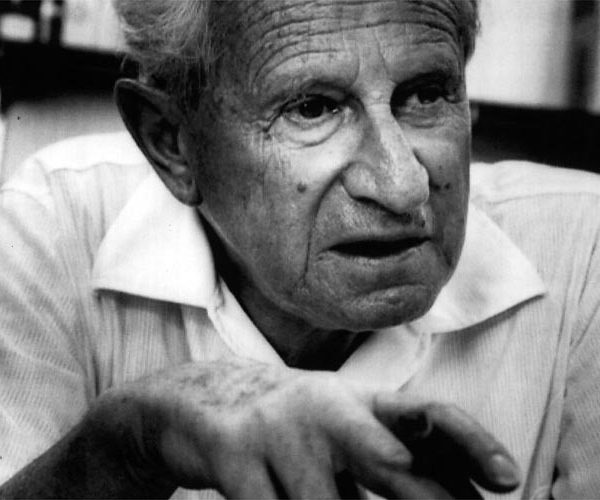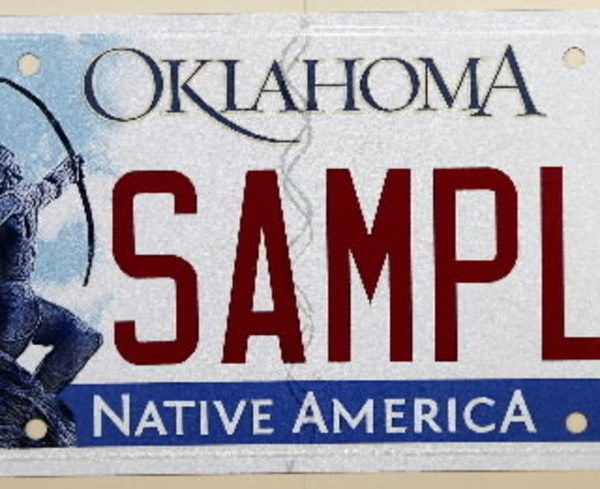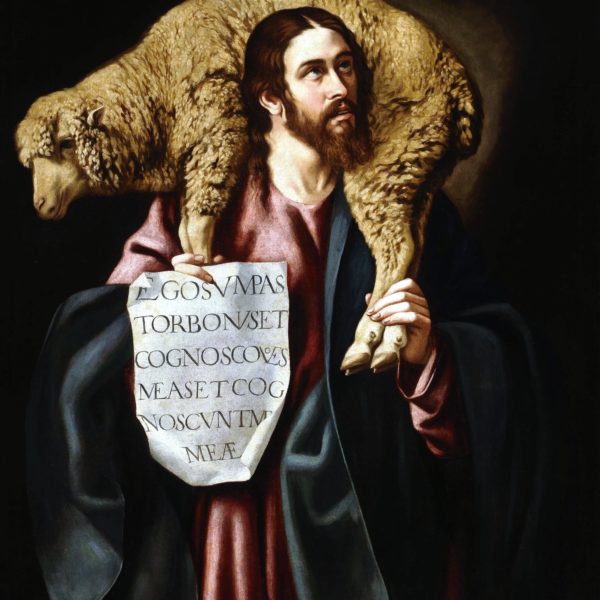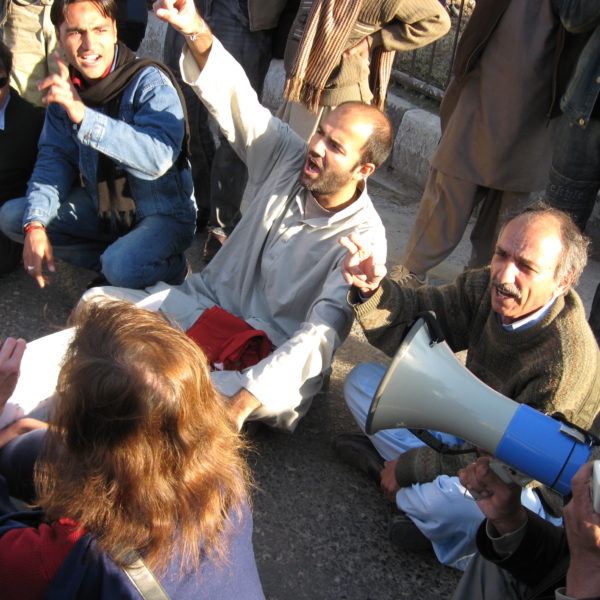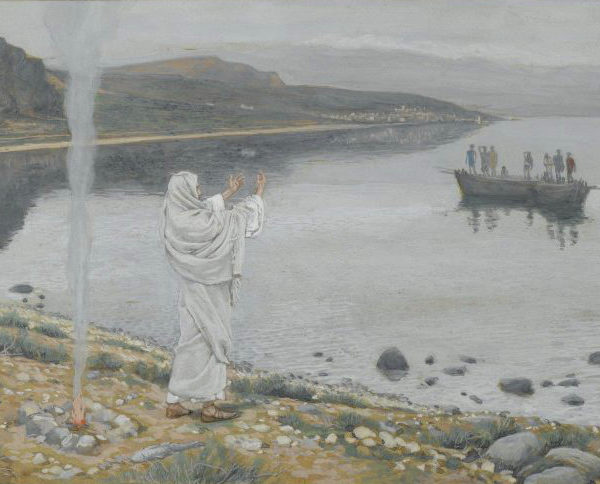
The disciples’ failure to find their desired results when they returned to fishing following the resurrection of Christ resonates with the experience of many who are drawn back to old patterns of life after a personal encounter with Christ. Their struggle to recognize the risen Jesus challenges us to form communities within which Christ’s presence will be apparent to people in a similar state of uncertainty.
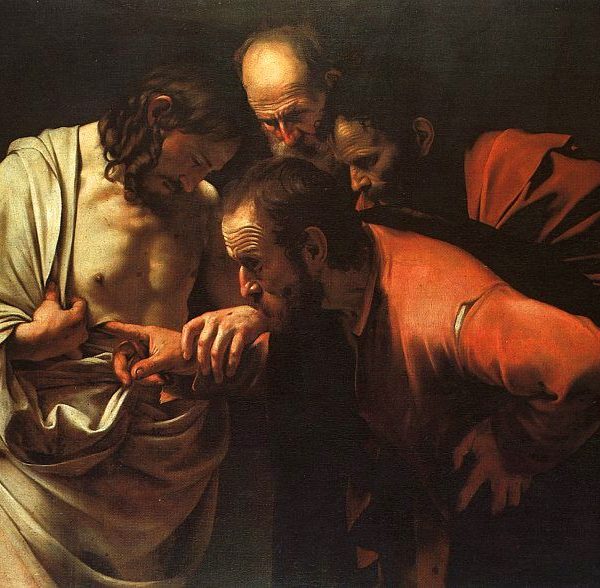
That Thomas’ absence when Jesus first appeared to the Twelve after his resurrection was due to his withdrawing from the other disciples following Christ’s crucifixion is an intriguing exegetical possibility. It also frames the events that follow in a manner that may be instructive for the Church in its witness to those who are doubting and agnostic.

